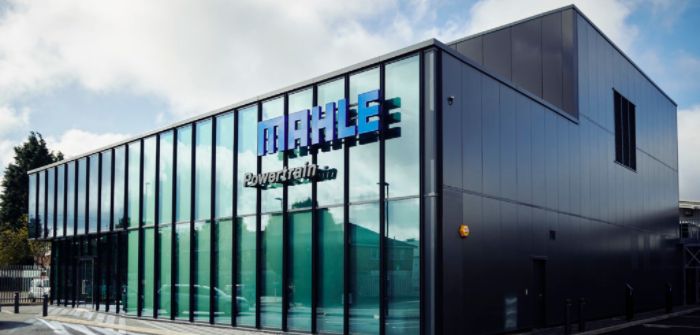Mahle is investigating the compatibility of its engine components and filters with the use of various e-fuels. The results have shown that many of the company’s materials and parts are e-fuel ready.
The company is examining the resistance of components and materials when using fuel blends with e-fuels that can be admixed under current fuel standards, as well as alternatives such as oxymethylene ether (OME) for heavy-duty commercial vehicles, dimethyl carbonate (DMC) for passenger cars, or methane (CH4) as a gaseous alternative.
Results have shown that admixtures within the current fuel standards are especially promising due to their backward compatibility, as they include the existing global car population in CO2 reduction.
“The admixture of e-fuels can immediately produce great savings potential. If allowed, this could mean a decisive step toward achieving the 37.5% CO2 savings mandated at EU level relative to 2021,” explained Dr Otmar Scharrer, head of research and advanced engineering at Mahle.
“Our tests indicate that many of the Mahle engine components and filters tested to date are ready for the admixture of e-fuels. We are providing our customers with the means to tap this potential.”
As part of the series of test runs, the company is also investigating what proportion of a fuel that is outside of the current standards can be used in operation without changes to hardware or software.
The tests have demonstrated that engine performance comparable to the use of purely fossil fuels is possible with the admixture of certain e-fuels as well, while maintaining series production data sets and injection systems.
No measurable difference in the combustion process was found for the tested e-fuels. Emissions behavior was even found to be better than for purely fossil fuels in large areas of the operating map. From a thermodynamic perspective, Mahle assumes that these e-fuels will be backward compatible for the admixture of up to 20%.


